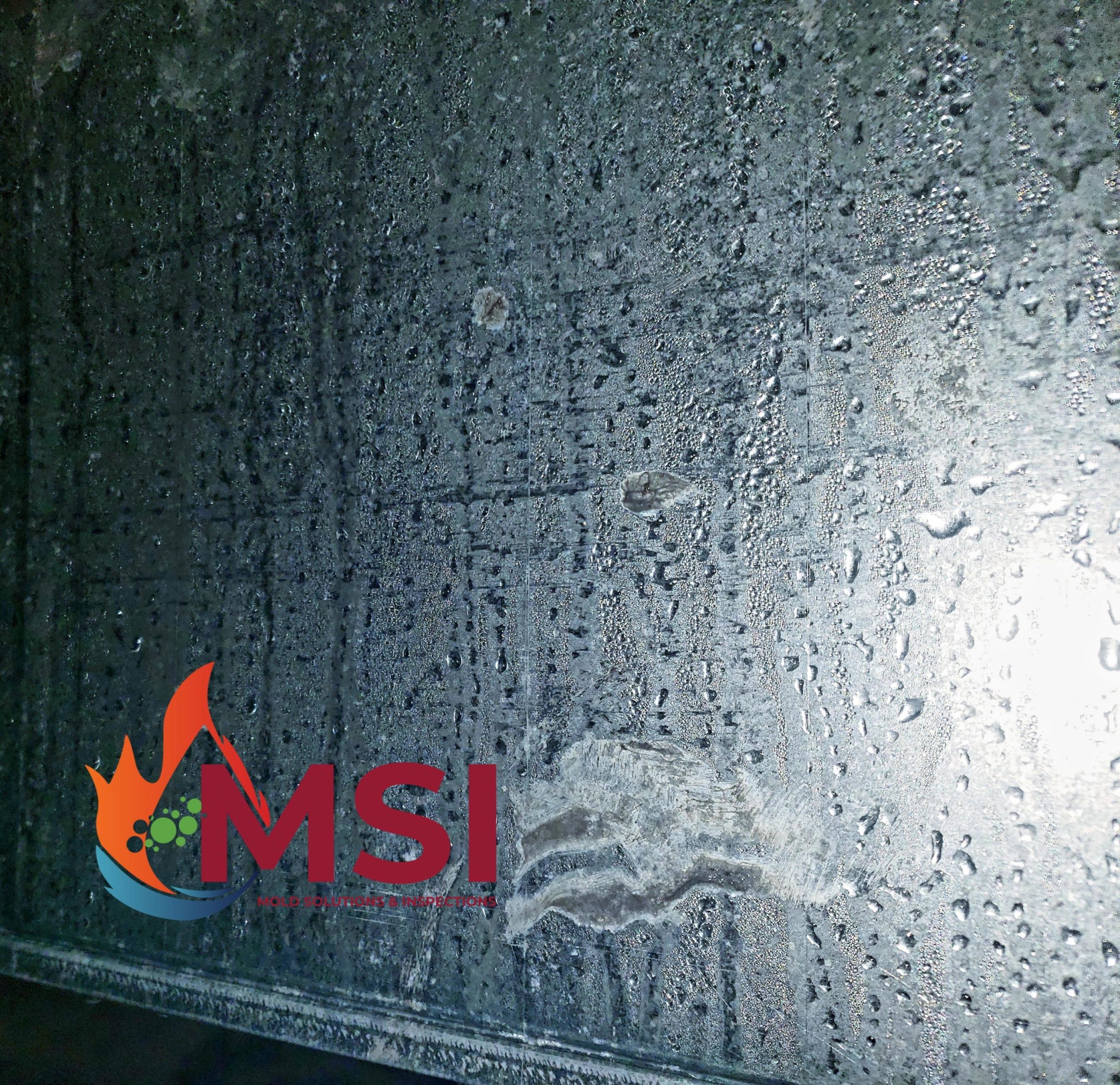Histoplasmosis is an infection caused by breathing in spores of a fungus often found in bird and bat droppings. Histoplasmosis is most commonly transmitted when these spores become airborne, often during cleanup or demolition projects. Soil contaminated by bird or bat droppings also can transmit histoplasmosis, so farmers and landscapers are at a higher risk of the disease. In the United States, histoplasmosis most commonly occurs in the Mississippi and Ohio river valleys. Most people with histoplasmosis never develop symptoms and aren’t aware they’re infected. But for some people — primarily infants and those with compromised immune systems — histoplasmosis can be serious. Effective treatments are available for even the most severe forms of histoplasmosis.
Symptoms
Several types of histoplasmosis exist. The mildest form produces no signs or symptoms, but severe infections can be life-threatening. When signs and symptoms do occur, they usually appear three to 17 days after exposure and may include:
- Fever
- Chills
- Headache
- Muscle aches
- Dry cough
- Chest discomfort
In some people, histoplasmosis can also produce joint pain and a rash. People who have an underlying lung disease, such as emphysema, may develop a chronic form of histoplasmosis that can additionally feature weight loss and a cough that brings up blood. Symptoms of chronic histoplasmosis sometimes can mimic those of tuberculosis.
Severe Symptoms
The most severe variety of histoplasmosis occurs primarily in infants and in people with compromised immune systems. Called disseminated histoplasmosis, this variety can affect nearly any part of your body, including your eyes, liver, central nervous system, skin and adrenal glands. If untreated, disseminated histoplasmosis is usually fatal. Contact your doctor if you develop flu-like symptoms after being exposed to bird or bat droppings — especially if you have a weakened immune system.
Causes
Histoplasmosis is caused by the reproductive cells (spores) of the fungus Histoplasma capsulatum. The spores are extremely light and float into the air when dirt or other contaminated material is disturbed. Even if you’ve had histoplasmosis in the past, you can still get the infection again. However, if you contract histoplasmosis again, the illness will likely be milder than the initial infection.
The histoplasmosis fungus thrives in damp soil that’s rich in organic material, especially the droppings from birds and bats. For that reason, it’s particularly common in chicken and pigeon coops, old barns, caves and parks. Histoplasmosis isn’t contagious, so it can’t be spread from person to person.
Follow us on Twitter by clicking here: MSITwitter








